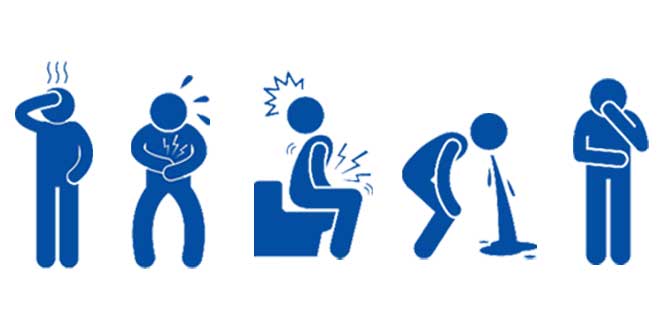Alhaji Bawa Bwari, the Minister of State, Mines and Steel Development, on Friday in Abuja, said children who managed to survive lead poison may have memory problem.
Bwari made this known while briefing newsmen on the forthcoming Nigeria 2nd International Conference on Lead Poison Associated with Artisanal Gold Mining in Nigeria.
The conference is scheduled for June 26 and June 27 in Abuja.
The minister explained that children who received lead poison treatment and managed to survive may also have low Intelligent Quotient (IQ), learning disabilities, among others.
Lead is a naturally occurring toxic metal found in the earth’s crust.
Lead is a cumulative toxicant that affects multiple body systems and is particularly harmful to young children; it distribute to the brain, liver, kidney and bones.
It is stored in the teeth and bones, where it accumulates over time.
In 2010, there was lead poisoning outbreak in Zamfara which killed at least 400 people, mostly children.
In 2016, there was another outbreak lead poison in Niger that also killed many children.
According to Bwari, there is no real cure for severe lead poison, but it can be prevented; the treatment and
environmental remediation are very expensive and come with no guarantees.
He said that the only effective long term solution was finding ways to prevent the outbreak of lead poison from happening in the first place.
He, however, added that the forthcoming conference was essentially about developing preventive governance framework that would ensure safe mining practices in Nigeria.
“We are determined to change the behavioural pattern of artisanal gold miners to understand the avoidable risks they put themselves and their families into their unsafe mining practices,” he said.
He said that the idea of the conference was to bring key multi-sector stakeholders to underscore the need for collaborative approach in preventing lead poisoning.
“We are expecting experts from different parts of the world to attend the conference and brainstorm on how to find sustainable solutions to lead poison.
“We understand that it will be impossible to stop artisanal gold mining altogether, considering the manpower shortage in the ministry.
“We are therefore engaging miners by showing them how they can benefit more by getting registered and using safer mining methods.’’
Medicine Sans Frontiers, also known as DoctorsWwithout Border, said the organization was able
to address and curtail the spread of lead poison with relevant ministries in the two states.
Dr Simba Tirima, the Deputy Head of the Mission in Nigeria, commended relevant stakeholders for cooperating with the the organization to address and remediate lead poison in Zamfara and Niger.
According to him, the organization is ready to deal with the issue holistically to ensure that affected people, especially children, are well treated to eliminate lead poison from their body systems.
He said safer mining could only be the best solution to eradicate lead poison from occurring.
He noted that the cost of the first phase remediation of the lead poison in two villages in Zamfara in 2010 cost N150 million and it was funded by the state government.
He said the second phase of remediation in five villages in the same state cost two million dollars and it was sponsored by the UN.
The third phase of remediation in another village in Zamfara was N470 million in 2013 and it was sponsored by Federal Government, he added.
He noted that in 2016, the Federal Government spent N250 million to remediate lead poison that occurred in two villages in Niger.
Dr Abubakar Muazu, the Permanent Secretary in the ministry, said that the ministry was committed to addressing issues affecting human lives, resulting from artisanal mining.
Muazu said that the ministry would continue to collaborate with Doctors Without Border and other relevant stakeholders to address the menace of lead poison in the country. (NAN)

